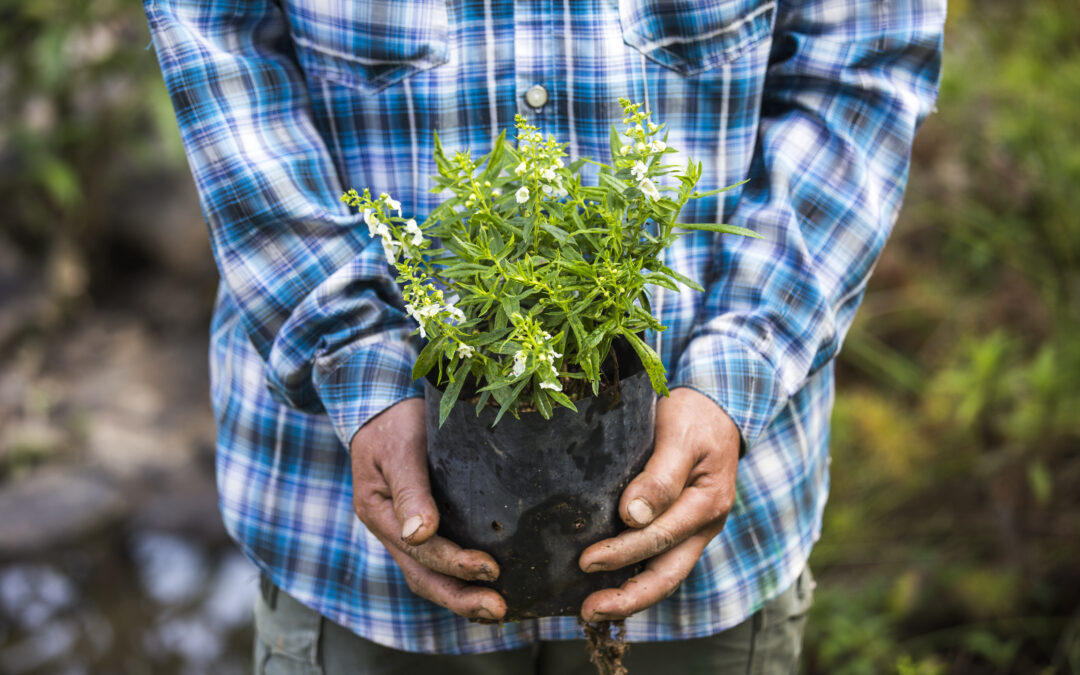Organic gardening is a popular trend that has been gaining traction in recent years. It involves growing plants without the use of synthetic fertilizers or pesticides, relying instead on natural methods to keep your garden healthy and thriving. In this article, we will explore some tips and tricks for successful organic gardening.
Introduction to Organic Gardening
Organic gardening is not only good for the environment but also provides numerous benefits such as better taste, improved nutrition, and fewer chemicals in your food. By using natural techniques like composting, crop rotation, and companion planting, you can create a sustainable ecosystem where plants grow strong and healthy without any external intervention.
The Benefits of Organic Gardening
One of the main advantages of organic gardening is that it promotes soil health by building up its structure and increasing microbial activity. This results in higher yields and more resilient crops that are less prone to disease and pests. Additionally, organically grown produce contains fewer pesticide residues than conventionally grown fruits and vegetables, making them safer for consumption.
Tips for Successful Organic Gardening
To ensure success with organic gardening, here are some essential tips:
1. Start with high-quality soil – Healthy soil equals healthy plants. Use compost and other organic matter to improve soil texture and nutrient content.
2. Choose the right plants – Select varieties that are well-suited to your climate and growing conditions. Consider planting heirloom seeds which have been passed down through generations because they offer unique flavors and resistance to diseases.
3. Practice proper watering – Water deeply and infrequently to encourage deep root growth and reduce the likelihood of fungal problems. Avoid overwatering as it can lead to leggy plants and increased risk of disease.
4. Use natural pest control – Instead of reaching for chemical insecticides, try using natural remedies like neem oil, garlic spray, or companion planting to repel pests.
5. Rotate your crops – Plant different types of crops each year to prevent depletion of nutrients in the soil and reduce the chances of pests and diseases.
Common Mistakes in Organic Gardening and How to Avoid Them
Even with the best intentions, mistakes can happen when it comes to organic gardening. Here are some common errors people make and how to avoid them:
1. Overfeeding plants – While it may seem counterintuitive, overfeeding plants can harm their growth. Excess nitrogen can cause lush foliage at the expense of fruit production while too much phosphorus can result in weak stems and roots. Stick to balanced fertilizer formulas.

2. Neglecting maintenance – Regularly maintaining your garden is crucial to keeping pests and diseases under control. Make sure to remove dead leaves and flowers promptly, and trim back any suckers or shoots that appear from the base of plants.
3. Not providing enough sunlight – Plants need sunlight to survive, so choose a spot in your yard that gets plenty of direct sunlight. If you’re limited on space, consider vertical gardens or container gardening.
Conclusion
Organic gardening requires effort and dedication, but the rewards are worth it. By following these tips and tricks, you can create a beautiful and bountiful garden that is both sustainable and chemical-free. So get out there and start digging!



